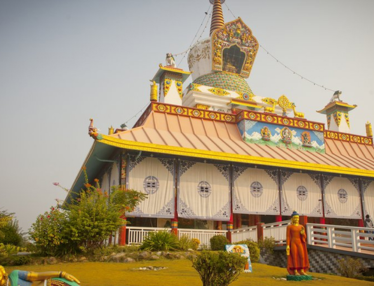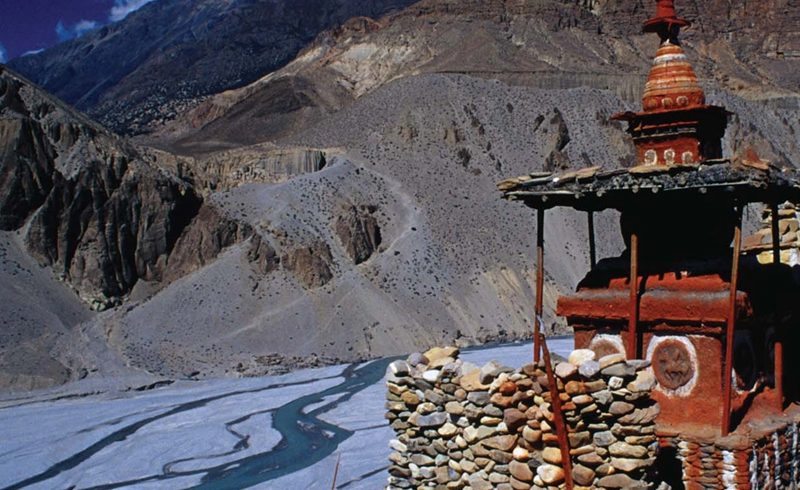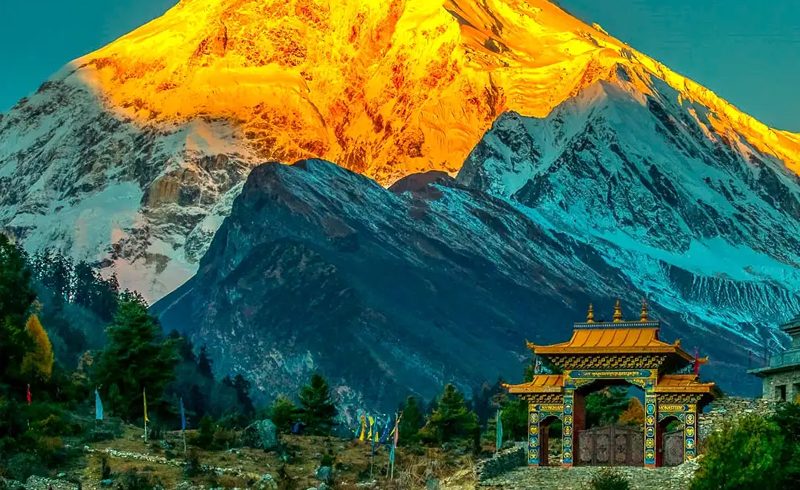Dolpo Trekking
-
15 Days
-
Max People : 20
-
Wifi Available
-
Pickup: Pickup
Description
Dolpo is a high-altitude culturally Tibetan region in the upper part of the Dolpa District of western Nepal, bordered in the north by China. Part of the region lies in Shey Phoksundo National Park. The sparse, agro-pastoral population, known as Dolpo in standard Tibetan and Dhol-wa in the local dialect, is connected to the rest of Nepal via Jufal airport, which can be reached in three days by horse. There are no precise population numbers for the region, with estimates including less than 5,000 and 18,000
The Dolpo are generally adherents of Bon, a religion whose origins predate Buddhism but whose modern form is officially accepted as a fifth school of Tibetan Buddhism. The remote region has preserved its Tibetan culture in relatively pure form, making it attractive to Westerners. Dolpa was the location for the 1999 Oscar-nominated film Himalaya and more recently for the German documentary Dolpo Tulku.
Dolpo region which was made famous by Peter Matthiessen’s book – The Snow Leopard. Nepal’s first English subtitled movie on Dolpo, The Caravan, was also a huge success and was also nominated for the Oscar Award in the best foreign language film category.
In spite of the near inaccessibility of the region and tourism restrictions for the more remote parts, Dolpa is a popular destination for trekking tourism.
Itinerary
Receive upon arrival from International airport in Kathmandu by our representative and transfer to the hotel. Remaining time will be at leisure to browse around on own. Overnight at the hotel in Kathmandu.
Transfer to the domestic airport to connect the flight to Nepalgunj. Upon arrival at Nepalgunj airport you will be received by the trekking crew and be transferred to the Hotel in Nepalgunj. Remaining time is at leisure to take a stroll around. O/N at hotel in Nepalgunj.
While we will be proceeding to acquire the special permit for the trek to Dolpo region from the government office, you may proceed for sightseeing tour to Kathmandu city, Pashupatinath temple and Boudhnath stupa. Overnight at the hotel in Kathmandu.






